Tunisia
Tram and bus workers in the Tunisian capital staged a strike over delays in salaries and the lack of an end-of-year bonus Monday, creating traffic jams across Tunis.
The strike is the latest in a string of similar actions as Tunisia grapples with an economic crisis that has led to frequent shortages of basic goods from petrol to cooking oil.
The North African nation is struggling with debts of more than 100 percent of gross domestic product and is in negotiations with the International Monetary Fund for a nearly $2 billion-dollar bailout.
Staff from state-owned public transport firm Transtu walked out and hundreds demonstrated outside the prime minister's office, responding to a call by the transport section of the powerful UGTT trade union federation.
The strike froze "the majority" of transport services across the capital of almost three million people, Transtu said.
The transport ministry said the "wildcat strike paralysed transport across Greater Tunis... disrupting the functioning of public services and the interests of the citizen".
It said Transtu salaries had been paid starting from December 29 and that the "real reason for the strikes is a different set of financial demands, in the form of an annual bonus" to more than 7,000 staff, worth more than $5 million.
It said the bonus was in the process of being paid, and that it was coordinating with "all concerned parties to avoid further disruptions".
Transtu, which runs around 250 bus routes and 15 tram lines, was also shut by a strike during school holidays in November, a peak time for families using public transport.
The IMF has called for the implementation of a string of politically sensitive measures, including gradually removing subsidies on basic goods and the restructuring of public firms. These include Transtu as well as monopolies in water, energy and cereals.
The birthplace of the Arab Spring has also been mired in political divisions since President Kais Saied staged a dramatic power grab in July 2021.
***AFP***





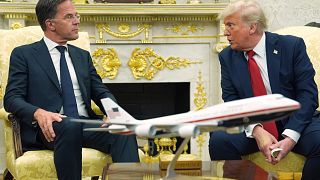
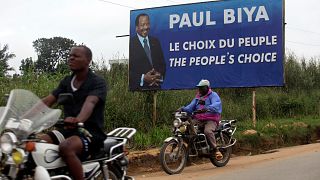
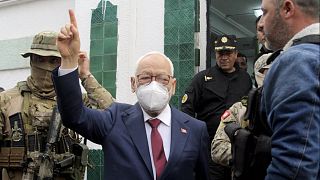
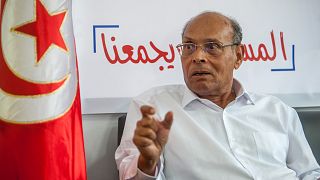
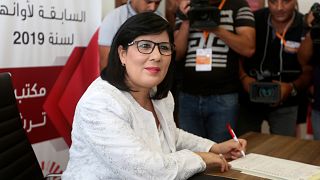



00:50
Ons Jabeur retires from Wimbledon Opener due to breathing issues
Go to video
I took a 7-day trip from Paris to Istanbul on Europe’s newest transcontinental train
Go to video
Sliti proud to be back with Tunisian team but realistic about Africa Cup prospects
02:03
Libya hosts African volleyball championship
Go to video
Tunisia: new Human Rights Watch report finds dramatic increase in politically motivated arrests
Go to video
The EU moves to fast-track asylum claims by migrants from 7 countries to speed deportation